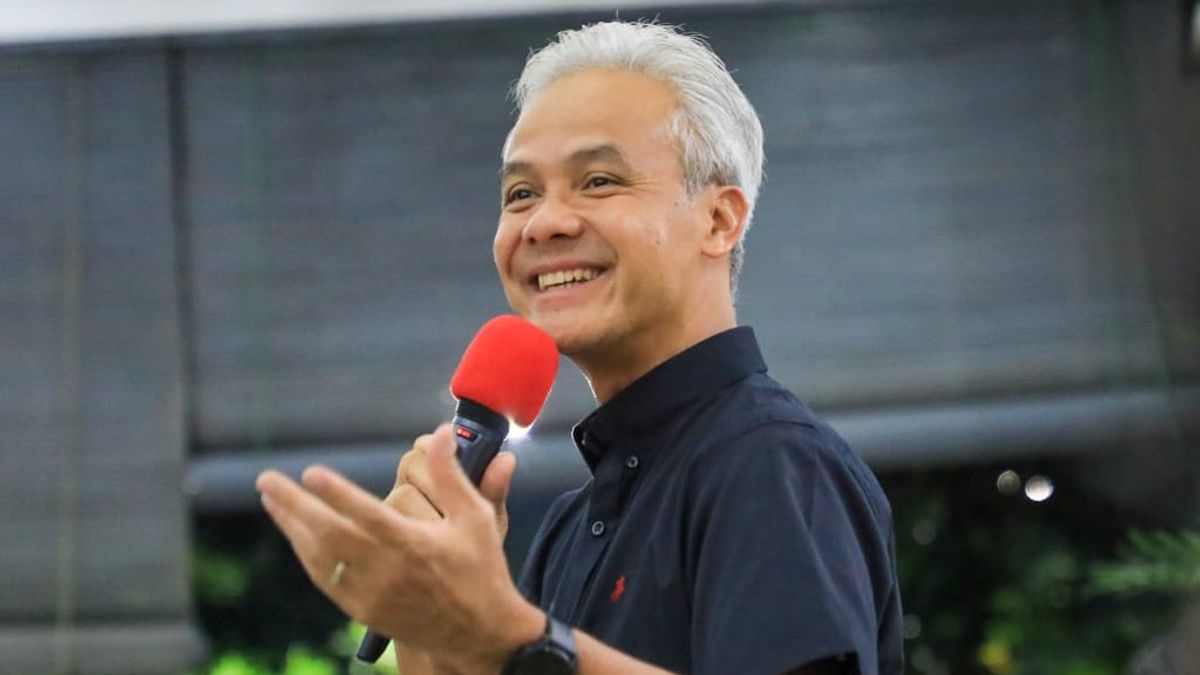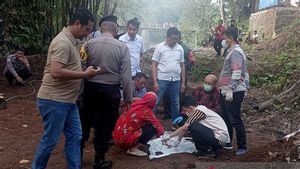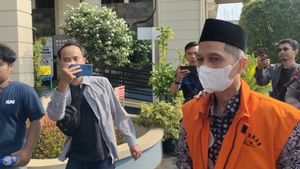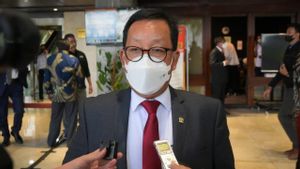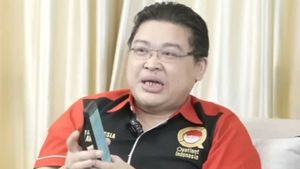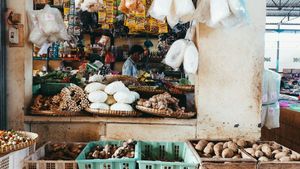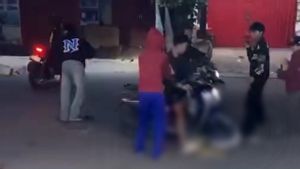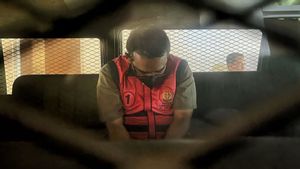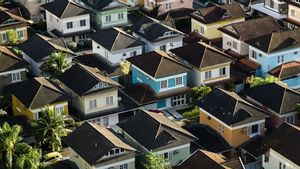JAKARTA - Central Java Governor Ganjar Pranowo continues to strive to realize the circular economy in Central Java. This is in line with one of the missions of President Joko Widodo's administration which encourages a green' economic transformation or often referred to as a circular economy.
Transformation towards a circular economy is important for Indonesia because it will have many positive impacts, both on the environment and on the growth of various development sectors in the future.
Ganjar said that the circular economy can solve several problems in the community, especially those related to environmentally friendly.
"If then people have problems in their respective places and they want to solve them, it turns out that based on the sources or resources there, they are able to reprocess, and it turns out that good practices exist. We are trying to accompany them," said Ganjar.
Thanks to his seriousness, Ganjar succeeded in changing the paradigm of the economic system, which previously used a linear model into a circular economy.
The linear concept is still applying the catching' approach. Meanwhile, the circular economy is a model that seeks to extend the life cycle of an existing product, raw material, and resource, so that it can be used as long as possible.
The potential resources that Ganjar often executes are solar heat, swamp gas, geothermals, and wind and water. From that source, Ganjar developed New Renewable Energy (EBT), in the form of gheothermal, PLTS, to gas lines to replace LPG 3 Kg.
Based on data, the number of Mandiri Energi Villages (DME) in Central Java currently stands at 2,353 DMEs. The entire DME, consisting of 2,167 DME initiatives, 160 DMEs developing, and 26 established DMEs.
In addition, Ganjar managed to record success in overcoming waste. Central Java is the province with the largest waste reduction in Indonesia, with a reduction volume of 1,232,731 tons, and the waste management rate reaching 63.19 percent.
The reduction in waste in Central Java is higher than DKI Jakarta, which is only 812,165 tons, and East Java is 391,740 tons.
The circular economic implementation cannot be separated from the green economy planning designed by Ganjar. Green economy is also realized by low-carbon development (liquid change mitigation), and climate resilience development.
In fact, the Central Java Provincial Government has successfully received the best regional development planning awards from Bappenas three times, 2019, 2020, and 2023. Central Java is also recognized as the Province that Starts Initial Initiation for Economic Circulars.
Head of Bantar Village, Wanayasa District, Banjarnegara, Eko Purwanto said that his place as one of the villages received assistance with the installation of swamp gas or Biogenic Shallow Gas (BSG). Thanks to that, its citizens can now use the gas for their daily needs.
另请阅读:
Bantar Village is a swamp gas-rich village that has come out naturally since ancient times with stable discharge. Now, about 100 families from three RT areas in the village use gas as a substitute for LPG.
"Alhamdulillah, with the assistance of this installation, residents receive benefits, one of which is for cooking. Hope that in the future, all villagers can use swamp gas at home," said Eko.
A similar statement was also made by the Head of Tambak Village, Magelang Regency, Dahlan, who said that with six underground units assisted by the Central Java Provincial Government, 80 families in his village could take advantage of biogas from tofu waste. In fact, the village has been named Mandiri Energi Village 2022.
More than that, Ganjar is also known to encourage companies in Central Java to support circular economic activities. Among them, the management of community-based waste by Coca-Cola Europacific Partners, in Randugunting Semarang Village.
Furthermore, electronic waste recycling by Ewaste RJ in Semarang and Salatiga. Recycling this waste through a program called Campaign-Collect-Circulate, which is certified by KLHK.
There is also the use of production grounds into biomass, organic fertilizer, and atsiri oil at PT Sido Muncul, processing livestock waste into energy in Boyolali, and converting waste into Refuse-Derived Fuel (RDF) in Cilacap, by PT Solusi Bangun Indonesia. In addition, recycling plastic packaging into new packaging, carried out by PT Unilever Cilacap.
The English, Chinese, Japanese, Arabic, and French versions are automatically generated by the AI. So there may still be inaccuracies in translating, please always see Indonesian as our main language. (system supported by DigitalSiber.id)
